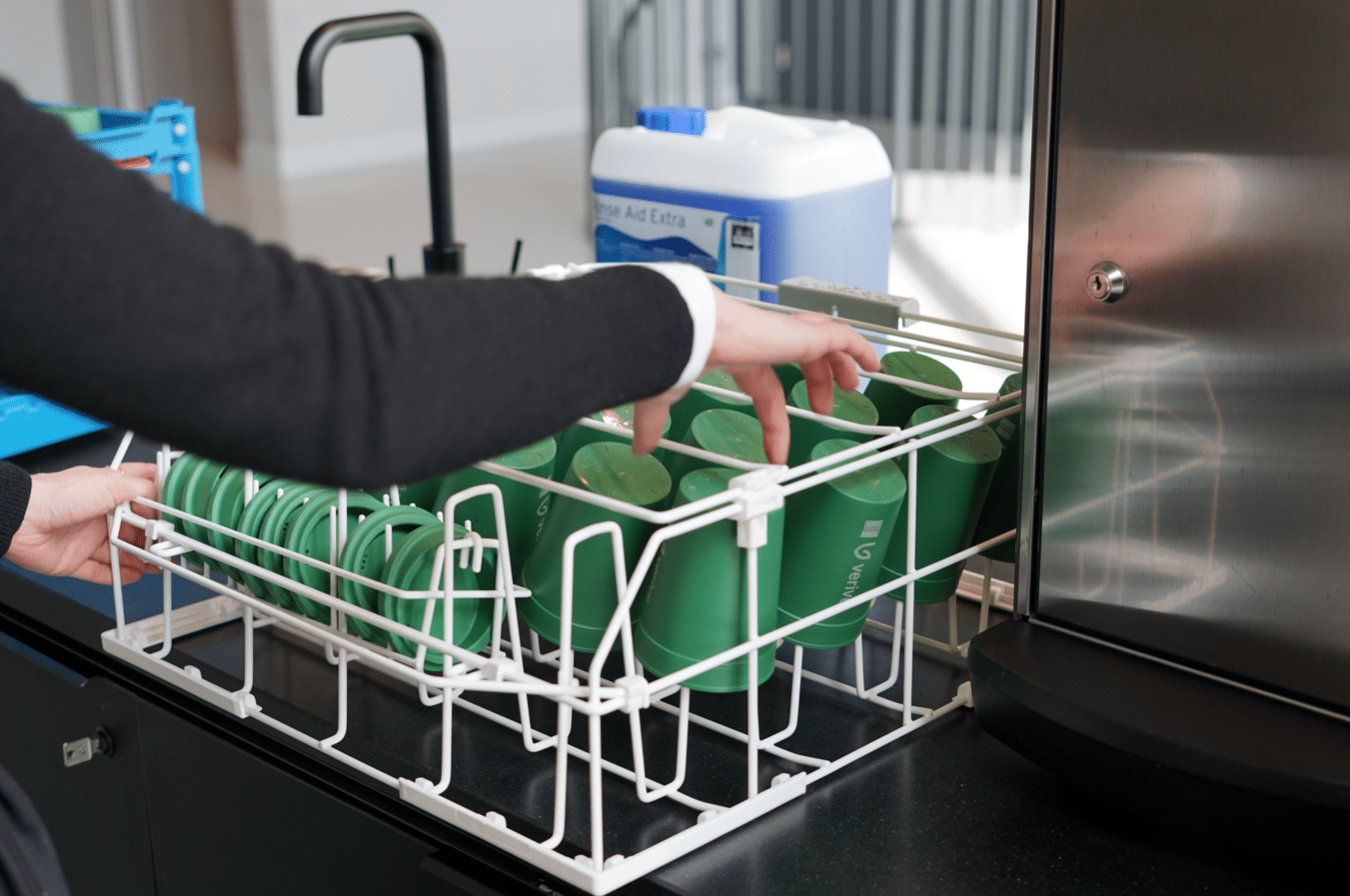About this article
Biodegradable products might sound like a sustainable choice – but the truth behind the buzzword is more complex.
The idea that a product or material is ‘biodegradable’ – that bacteria or other living organisms can break it down over time – is an appealing one. In a world where over 2 billion tons of waste are dumped each year, we are drawn to alternatives that promise to disappear instead. Biodegradability has been found to be the most popular and persuasive of the many sustainability claims out there, with 74% saying that it would encourage them to purchase.
But if we look a little closer, biodegradability isn’t always the solution that it might seem. A biodegradable product will break down in time – but there are no requirements for how long this will take, what it will break down into, or the conditions it needs to decompose. Some biodegradable materials require high temperatures and certain humidity levels in order to break down at all, and some may take many years to disintegrate. And while some biodegradable materials turn into harmless water, carbon dioxide and biomass, others leave toxic residues behind.
74% of people said the term "biodegradable" would encourage them to purchase an item
‘Biodegradable’ as a marketing tool
Essentially, not all ‘biodegradable’ materials are created equal. And though the term arose out of genuine sustainability innovations, the room it leaves for interpretation means that it has since been adopted by marketers. By describing a product as biodegradable, businesses are able to make their product seem more environmentally sound than it may actually be – otherwise known as ‘greenwashing’.

Many biodegradable materials are, however, truer to the word’s original spirit. ‘Compostable’ products fall under the umbrella of ‘biodegradable’, and, when they meet the right end of life, break down quickly and harmlessly. Industrial composting standards specify that a compostable plastic must disintegrate within 12 weeks, and completely biodegrade within six months into CO2, water and biomass.
It is important to note that while all compostable materials are biodegradable, not all biodegradable materials are compostable – so the two terms should not be confused. Look for ‘compostable’ on the label to be sure that a product will biodegrade efficiently, and consider whether industrial or home composting waste streams are more available to your customers.
Similarly, ‘bio-based’ has some overlap with ‘biodegradable’ – but also some important differences. A bio-based plastic is made from a biological source, such as plants or marine life, rather than typical petro-chemicals. Some biodegradable plastics are bio-based, but not all bio-based plastics are biodegradable. Again, the two words should not be confused – look instead for detailed information about a materials source as well as the correct end of life.
Thinking about a product’s end of life is key
It is information on disposal that is critical when it comes to identifying the relevance of any claims of biodegradability. Many people may assume a biodegradable product can go in their home compost; others may believe it will degrade safely in landfill, and therefore not feel concerned about consuming and disposing in larger quantities.
This is why we don’t use the term biodegradable, and instead outline the detailed properties of any given product. We recommend that anyone looking for a product that will break down sustainably should seek out this level of information, with particular focus on the necessary waste streams and conditions needed for a product’s end of life. Understanding materials in this way means we can all ensure that materials that with the potential to efficiently and safely biodegrade have a chance to successfully do so.

Was this article useful?
James Pitcher
Sustainability isn’t about choosing to do the right thing OR grow your business, we can help you to do both









